- 483 Posts
- 266 Comments

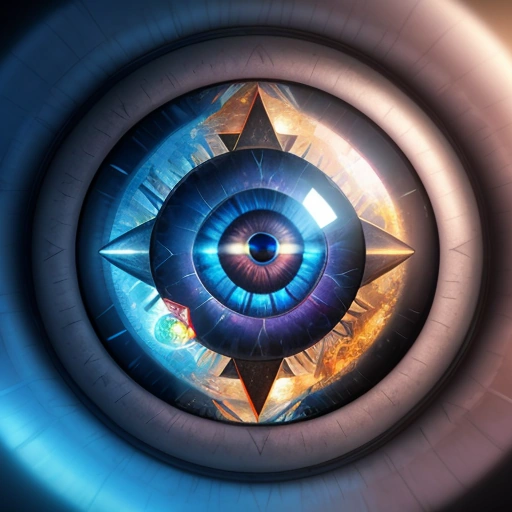 6·3 days ago
6·3 days agoIt can do text easily and usually gets hands right. The downsides are, it doesn’t know any styles, and people are just now starting to fine-tune it.

 4·5 days ago
4·5 days agoThen he’s packin’.

 2·7 days ago
2·7 days agoIs it this one? https://github.com/a-lgil/pose-depot
Link to the same thing on Civitai: https://civitai.com/user/Pose_Depot

 21·8 days ago
21·8 days agoYeah, I really don’t get why this is news I have to keep hearing about.

 2·10 days ago
2·10 days agoIt’s aspirational. One day you’ll have that wok.

 2·10 days ago
2·10 days agoI look forward to any woks you decide to post.

 3·10 days ago
3·10 days agoThe ability to so easily add text really elevates the impact images have.

 1·12 days ago
1·12 days agoThey’re Low Rank Adaptations actually.

 4·14 days ago
4·14 days agoSame. This is the only comparison like this I’ve seen though.

 8·16 days ago
8·16 days agoIt’s pretty good at following prompts if what I’ve seen online is true.
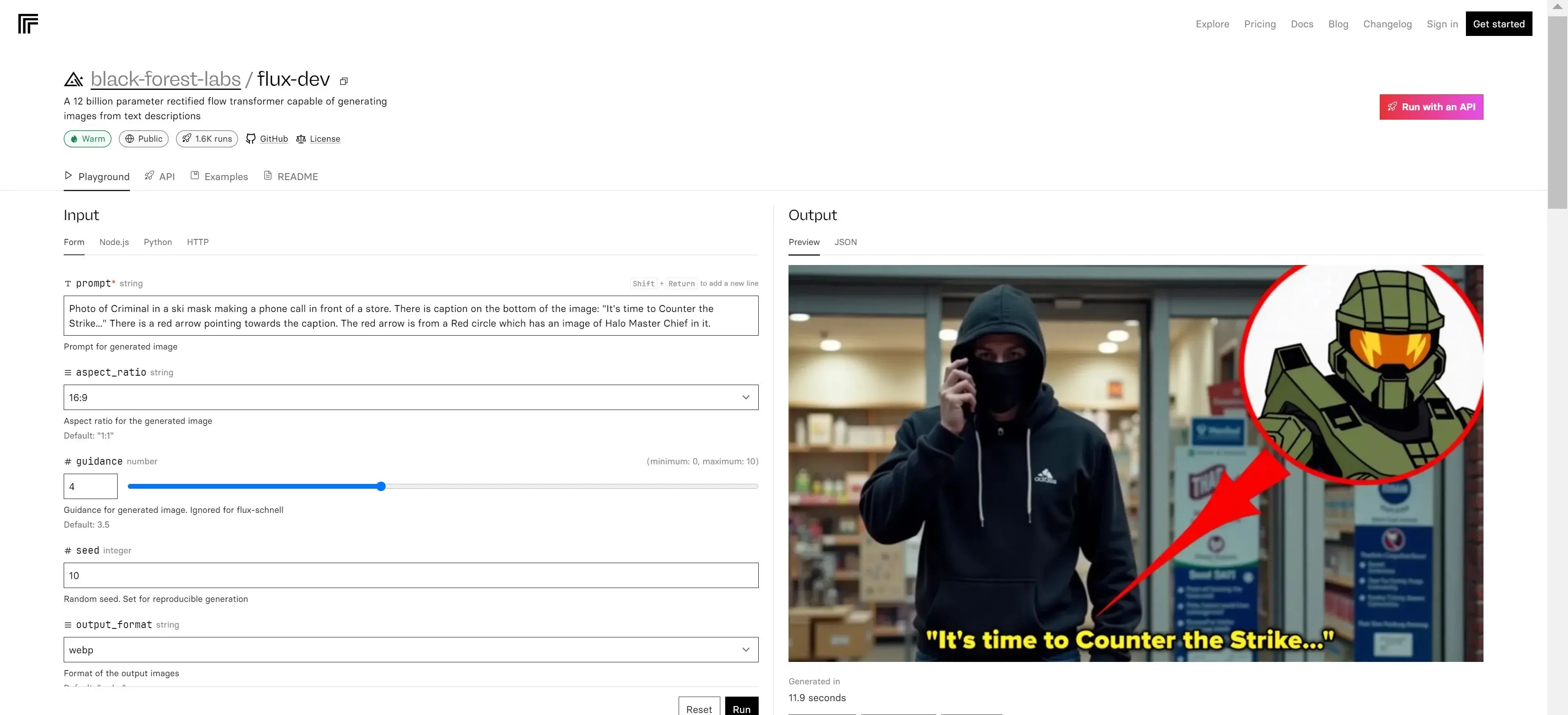

 1·22 days ago
1·22 days agoYeah, I’m fine with a coalition being formed as long as there are no people like Sam Altman in it.

 5·1 month ago
5·1 month agoComfy gets a lot of stuff sooner than A1111 these days, but I only use A1111, so I don’t really know.

 7·1 month ago
7·1 month agoThis whole license is revocable, and they still want to force you to delete your model and All derivative work if they say you invalidated the license for any reason.

 3·2 months ago
3·2 months agoI’m just wondering if it’ll be Open Source. It seems like they’re working for Nvidia now.

 2·2 months ago
2·2 months agoThis isn’t undermining artists, it’s expanding access and knowledge, enabling individuals to take control of their own destinies. Open-source AI will empower artists, existing artists and newly active or returning artists who give this new medium a shot, by giving them the new tools that will push the frontiers of self-expression and redefine creativity this decade.
100 years ago photographers and filmmakers significantly disrupted the careers of most illustrators, story tellers, and theater companies of the time. Despite this, storytelling and image making exploded, entering a new golden age. Musicians panicked over the use of synthesizers in the 80s too often refusing to work with people involved with synthesizers. As a result, there are fewer drummers today than in 1970, but out of that came hip hop and house. Suppressing that tool would have been a huge cultural loss. Generative art hasn’t found its Marley Marl or Frankie Knuckles yet, but they’re out there, and they’re going to do stuff that will blow our minds. Cutting edge tools and techniques have always propelled art and artists forward. Every advancement a leap forward, leaving behind constraints and enabling more people to pursue their creative aspirations.
That reminds me of a presentation I saw a little while back.
If you want to fight against people’s right to freely communicate and express themselves, be my guest, but it’s not a fight you can win.

 1·2 months ago
1·2 months agoGiving all people a tool to help them more effectively communicate, express themselves, learn, and come together is something everyone should get behind.
I firmly believe in the public’s right to access and use information, while acknowledging artists should retain specific rights over their creations. I also accept that the rights they don’t retain have always enabled ethical self-expression and productive dialogue.
Imagine if copyright owners had the power to simply remove whatever wasn’t profitable for them from existence. We’d be hindering critical functions such as critique, investigation, reverse engineering, and even the simple cataloging of knowledge. In place of all that good, we’d have an ideal world for those with money, tyrants, and all those who seek control, and the undermining of the free exchange of ideas.

 1·2 months ago
1·2 months agoTaking artists’ work without consent or compensation goes against the spirit of open source, though, doesn’t it?
It doesn’t. Making observations about others’ works is a well-established tool for any researchers, reviewers, and people inventing new works. A concept which work perfectly within the open source framework. That’s all these models are, original analysis of its training set in comparison with one another. Because it’s a step one must necessarily take when doing anything, doing this doesn’t require anyone’s permission and is itself a right we all have.

 2·2 months ago
2·2 months agoI’m not fighting for the extremely wealthy, I’m fighting for the existence of competitive open source models. Something that can’t happen with what you’ve proposed. That would just hand corporations a monopoly of a public technology by making it prohibitively expensive to for regular people to keep up with the megacorporations that already own vast troves of data and can afford to buy even more.
This article by Katherine Klosek, the director of information policy and federal relations at the Association of Research Libraries does a good job of explaining what I’m talking about.
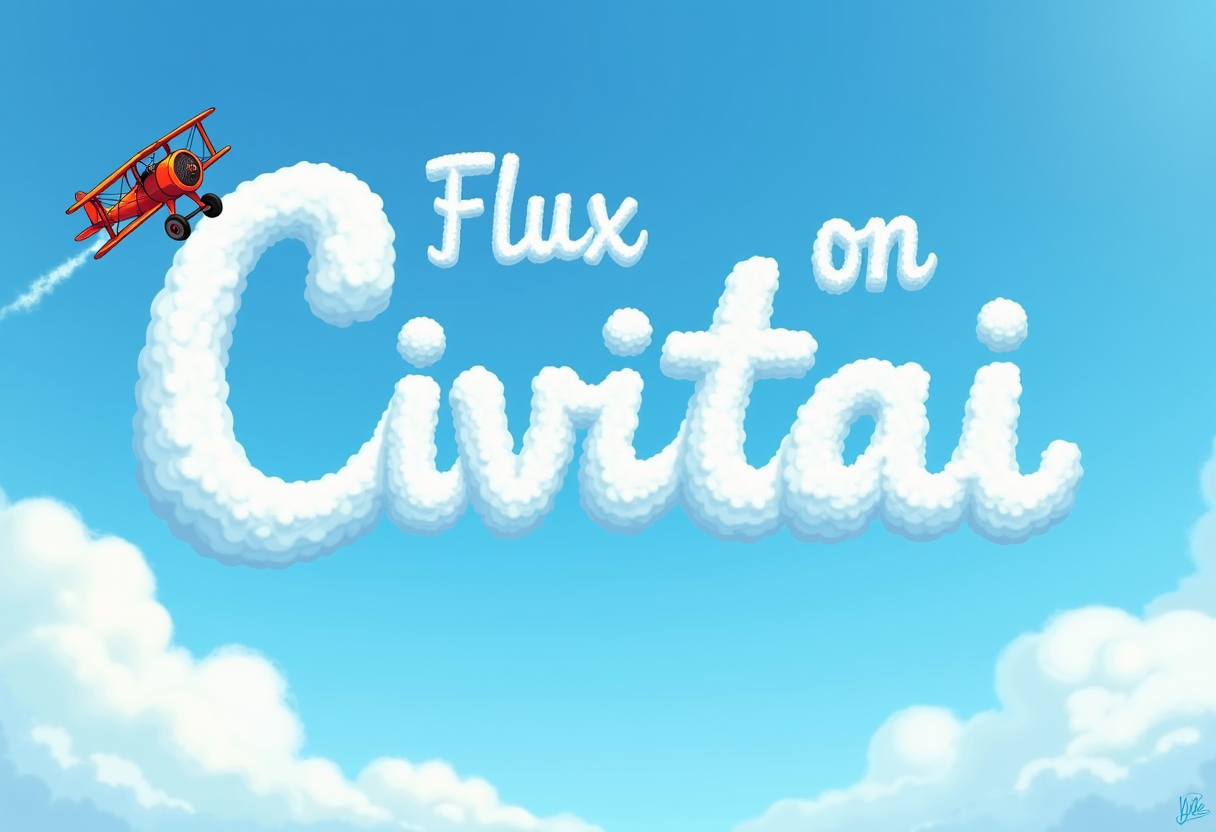
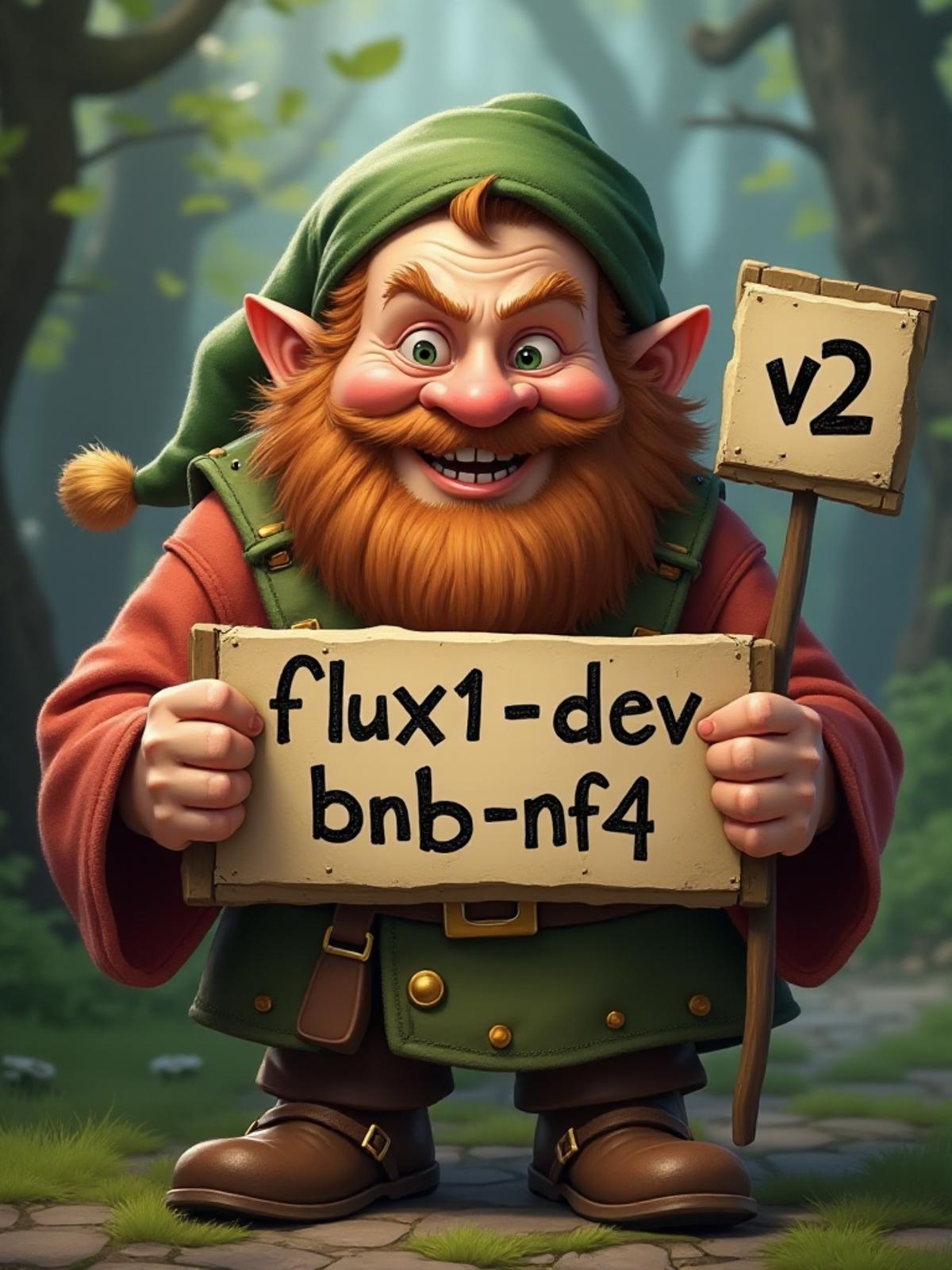
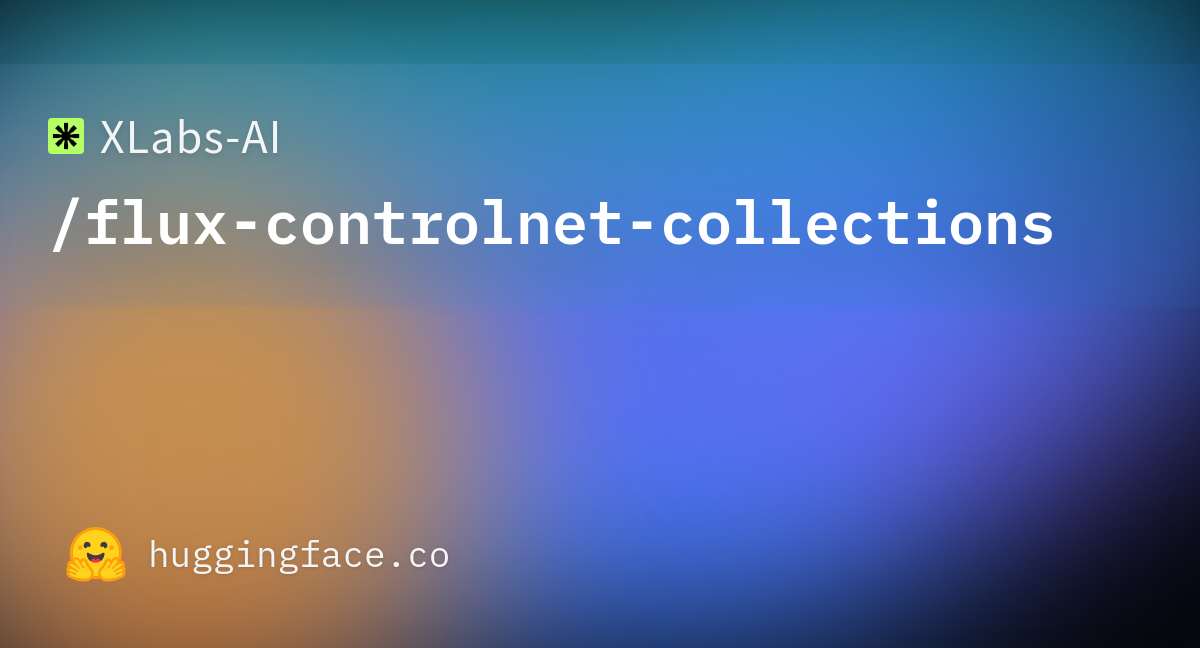



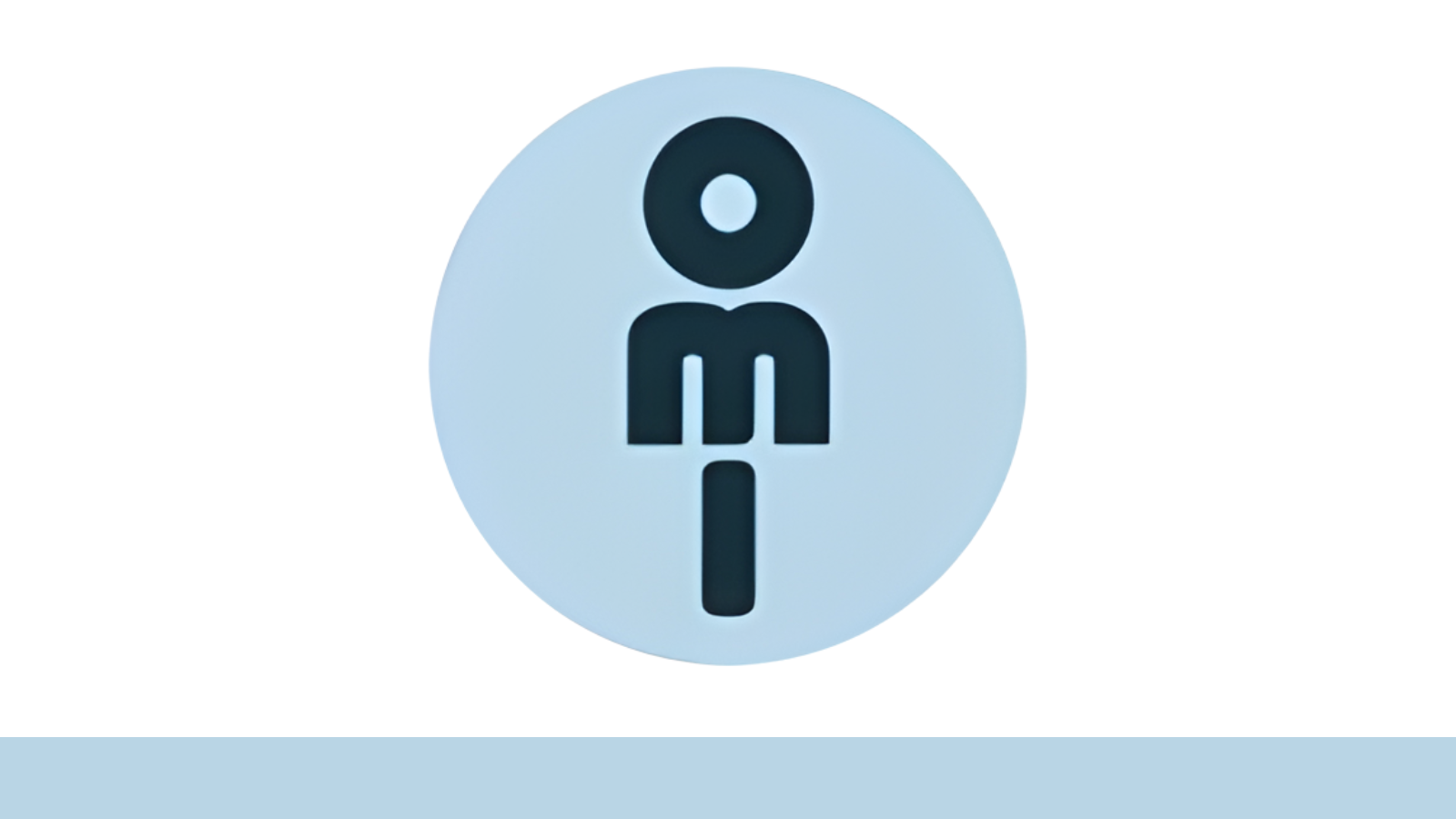
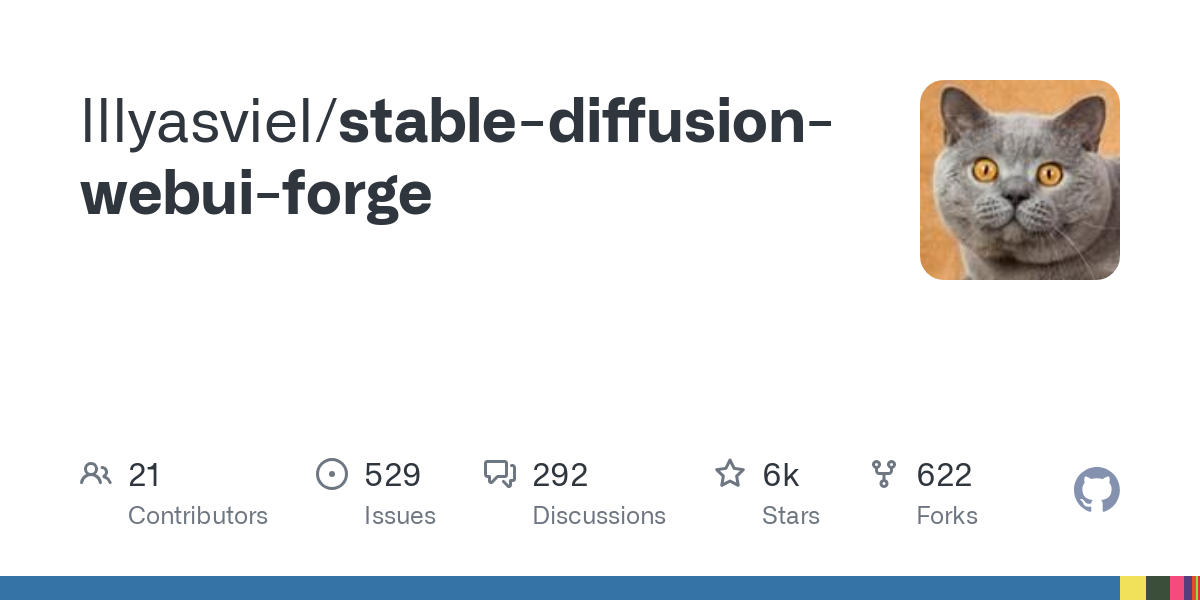

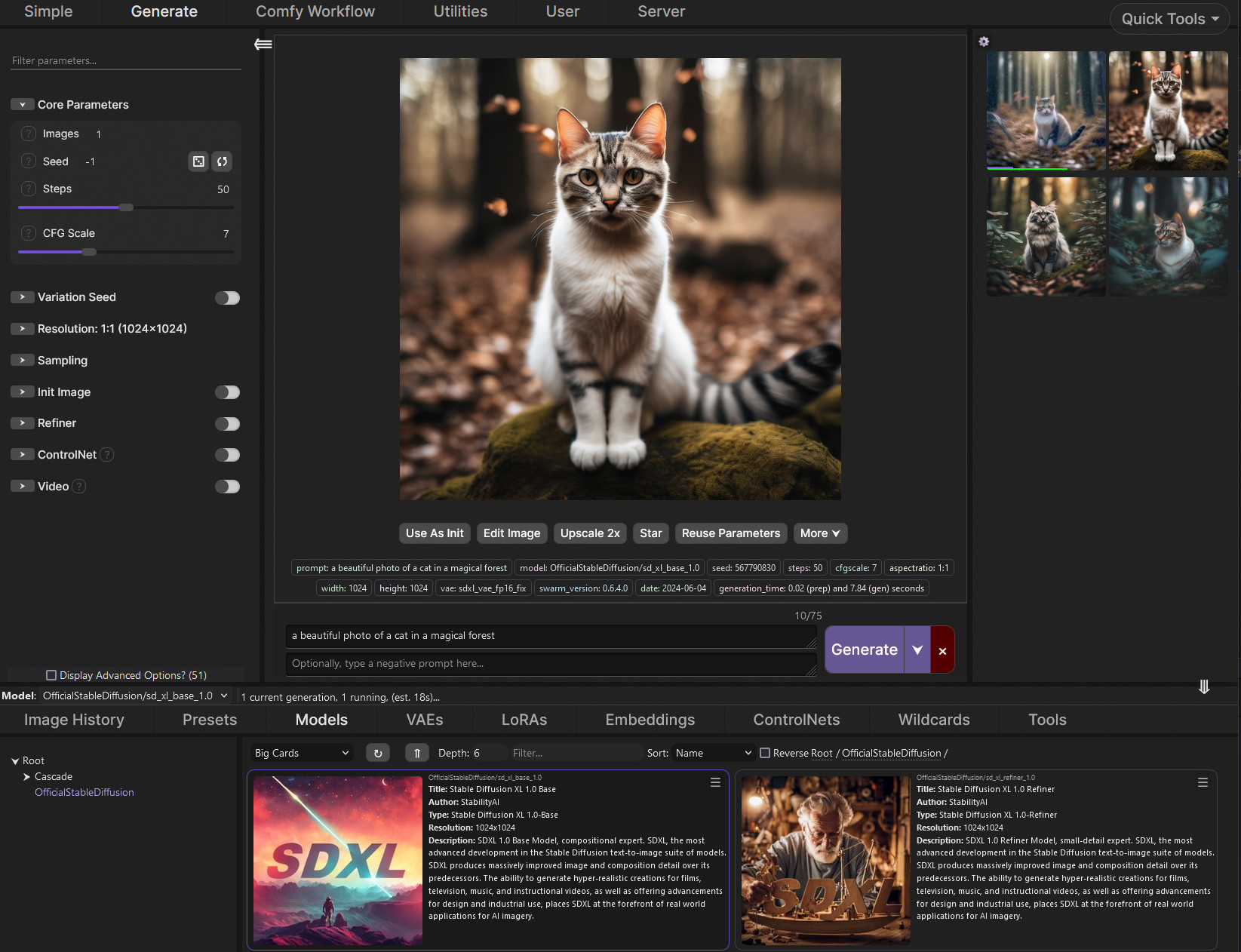
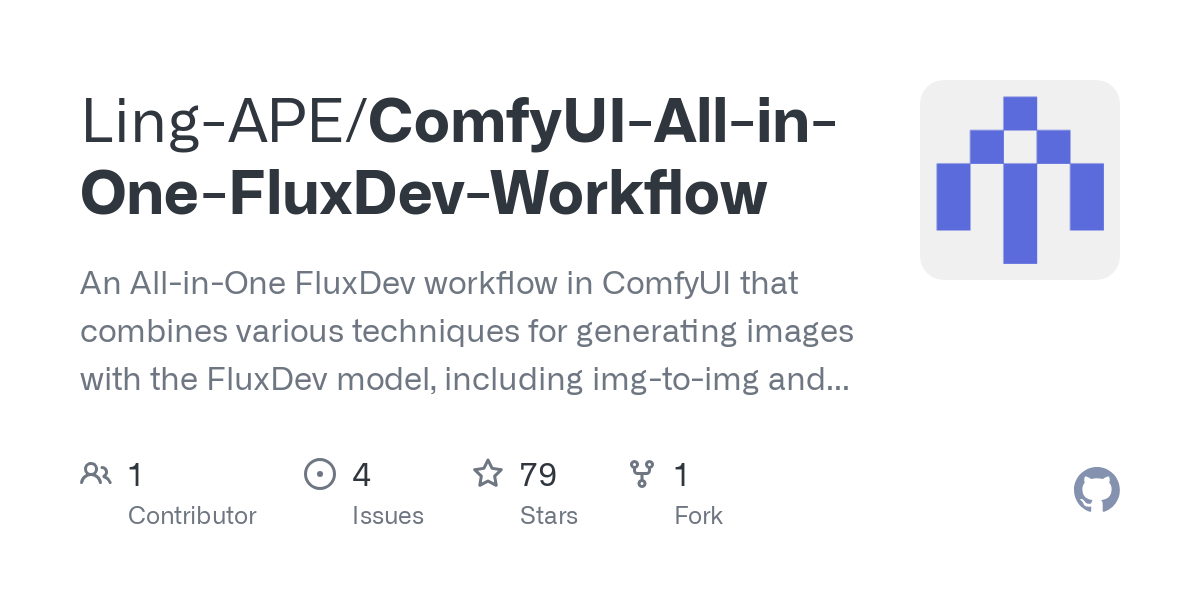
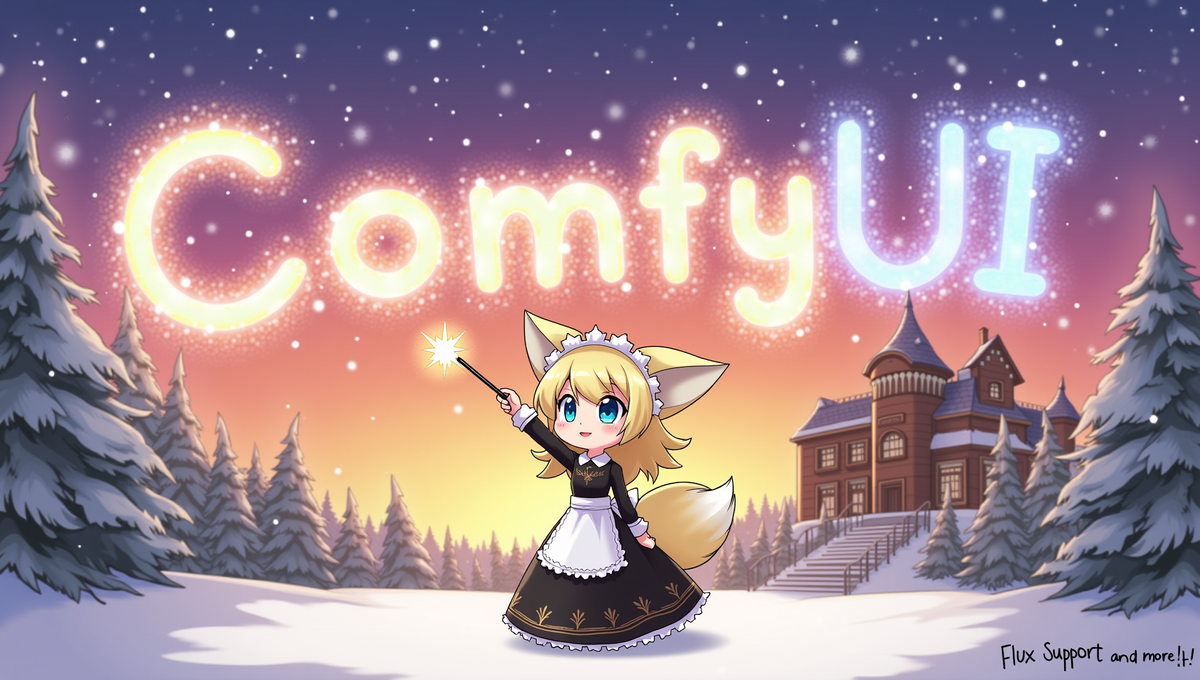
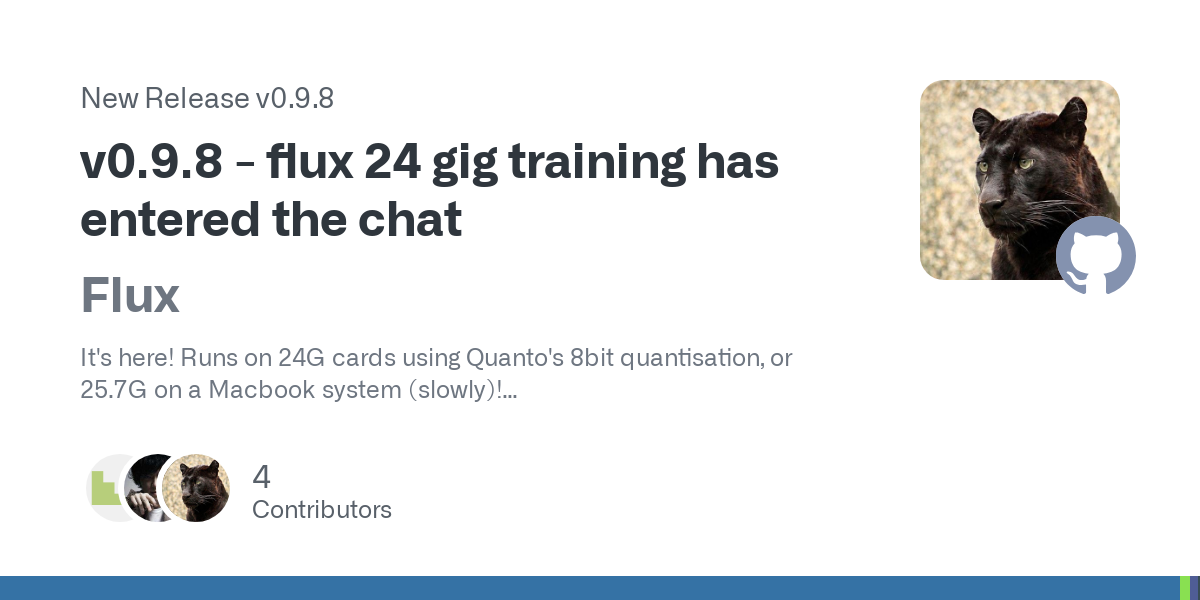


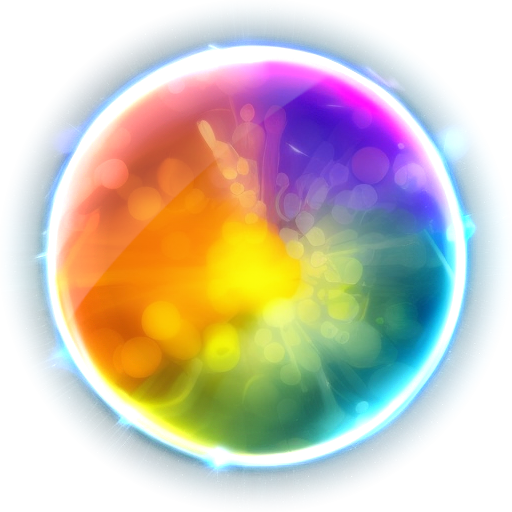
It was a different word when this show aired. https://youtu.be/rMoDslz0EtI